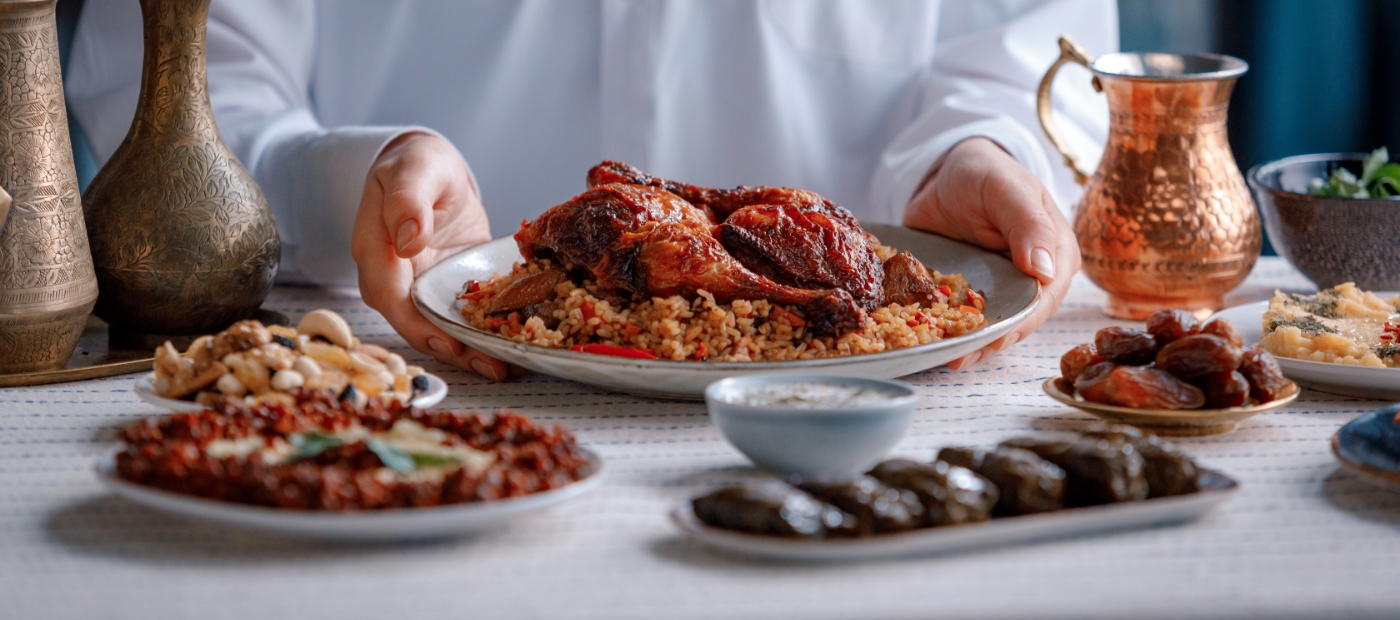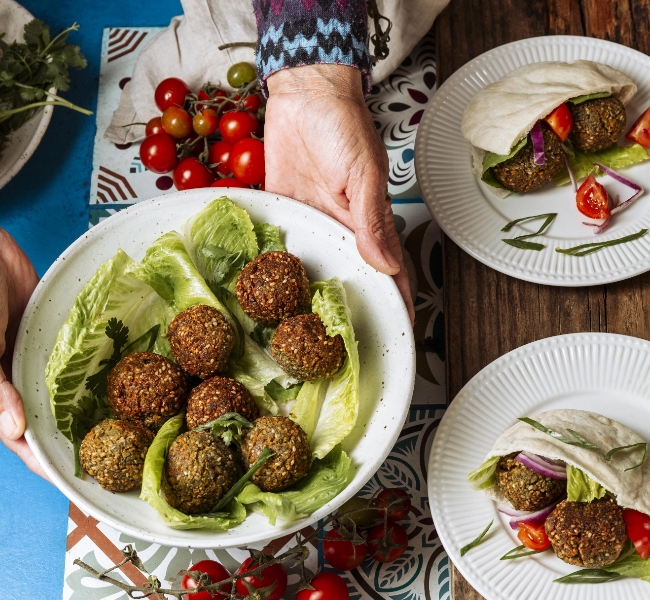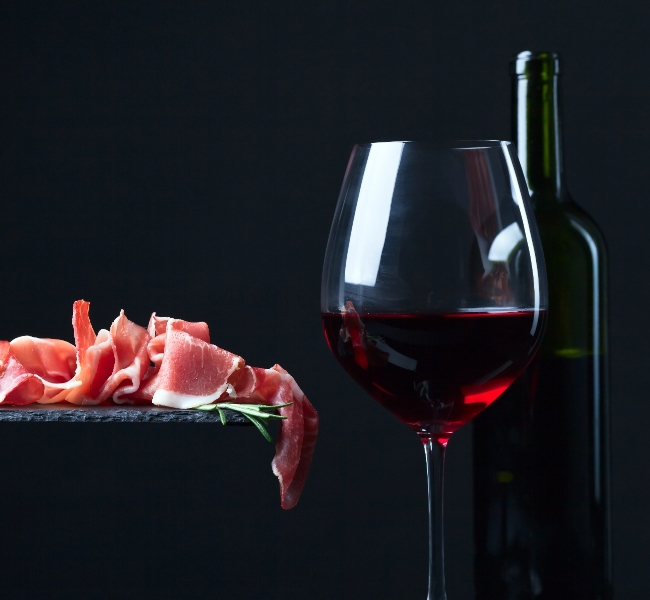Halal is an Arabic word that means “permitted in sharia (Islamic law)”
and encompasses what is permitted and legal across
all aspects of Muslim life.
Halal food is any food deemed permissible under Islamic law, as defined in the Quran.

- Sharia is an Islamic legal system that regulates all aspects of Muslim life including relationships, business, family, society, economy, and politics. Sharia encompasses both
legal and ritual norms which are divided into Ibadat, Munaqahat, Jinnayat, and Muamalat. - Sharia includes customs or conduct permitted or prohibited for Muslims. “Halal” refers to allowed behaviors, and “haram” refers to forbidden behaviors
- Sharia is based on Islamic scriptures, the Quran, Sunnah, and Hadith. Islamic scriptures are the basis for determining whether the product or ingredients are halal
- If an issue arises that cannot be addressed by the scriptures, it is addressed through the consensus of scholars or analogous cases, and the basis for Islamic scriptures are
Ijma and Qiyas.
Halal
The lawful and permitted actions without restrictions according to sharia (including the Quran, the Hadith of Muhammad, fatwa, and interpretations of scriptures) of Islamic law.
Halal foods
-

Milk
-

Fish
-

Honey
-

Vegetables
and fruits
- Fresh produce, dairy, and fish
- Grains such as wheat, rice, and rye
- Meat slaughtered according to Islamic law
(cattle, sheep, goat, camel, deer, chicken, and duck)

Haram
Haram is an Arabic term meaning 'forbidden'. In Islam, those who are involved in or commit acts that are prohibited by Allah will be punished by Allah in the afterlife as well as in this life.
Haram foods ※ Haram food means it contain pork or any other forbidden ingredients.
-

Alcoholic beverages
-

Pork
-

Blood and its by-products
-

Reptiles and amphibians
- Pork and its by-products
- Alcohol
- Animal carcasses and animals that died before slaughter
- Animals not slaughtered according to Islamic law

